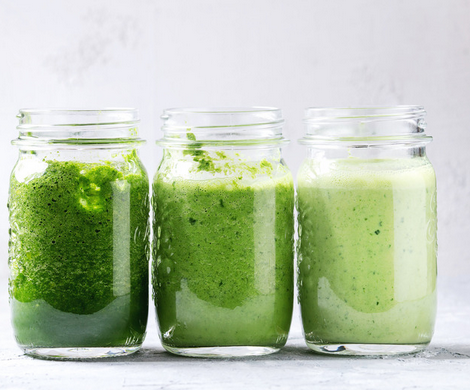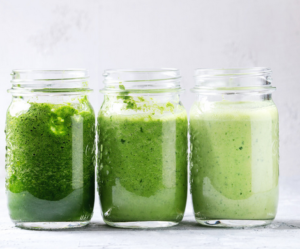Eat your greens to improve gut health


In recent years, there has been a growing interest in the role of gut health in overall wellbeing. One of the key factors in maintaining a healthy gut is the consumption of a diet that is high in fiber and nutrient-dense foods. Greens are a particularly important food group in this regard, as they are rich in fiber, vitamins, and minerals that can support the health of the gut.
The gut is home to trillions of microorganisms, collectively known as the gut microbiome. These microorganisms play a crucial role in maintaining the health of the gut, and by extension, the health of the entire body. One way to support the health of the gut microbiome is to consume a diet that is rich in fiber, as this provides the bacteria with the nutrients they need to thrive.
Greens are an excellent source of fiber, as well as a range of other nutrients that are important for gut health. For example, leafy greens like spinach, kale, and collard greens are high in vitamins A, C, and K, as well as calcium, iron, and magnesium. These nutrients are important for maintaining the health of the gut lining, which can become damaged over time by a diet that is low in fiber and high in processed foods.
In addition to providing important nutrients, greens are also rich in phytonutrients, which are plant-based compounds that have been shown to have a range of health benefits. Some of the phytonutrients found in greens, such as quercetin and kaempferol, have anti-inflammatory properties that can help to reduce inflammation in the gut. Others, such as sulforaphane, have been shown to support the growth of healthy gut bacteria.
So how can greens be incorporated into the daily diet in a way that supports gut health? One easy way is to simply eat more salads. By combining a variety of greens with other nutrient-dense ingredients like nuts, seeds, and legumes, you can create a satisfying meal that is rich in fiber and other important nutrients. Another option is to add greens to smoothies, which can be a convenient and tasty way to increase your intake of these important foods.
If you’re not a fan of salads or smoothies, there are other ways to incorporate greens into your diet. For example, you can sauté or roast greens like kale or collard greens with garlic and olive oil for a flavorful and nutrient-dense side dish. You can also add chopped greens to soups, stews, or casseroles for an extra boost of fiber and nutrients.
Incorporating greens into the daily diet is a simple and effective way to support gut health. By providing important nutrients like fiber, vitamins, and minerals, as well as beneficial phytonutrients, greens can help to nourish the gut microbiome and promote overall wellbeing. Whether you prefer to eat salads, smoothies, or cooked greens, there are many delicious and nutritious ways to incorporate these important foods into your diet.





